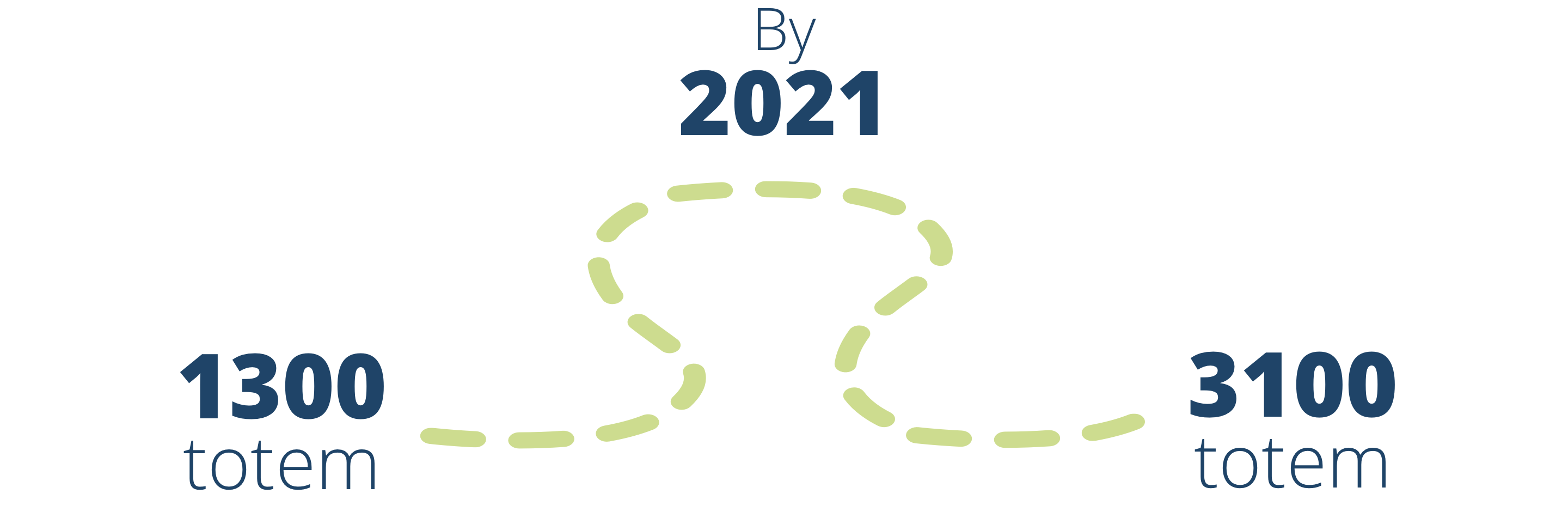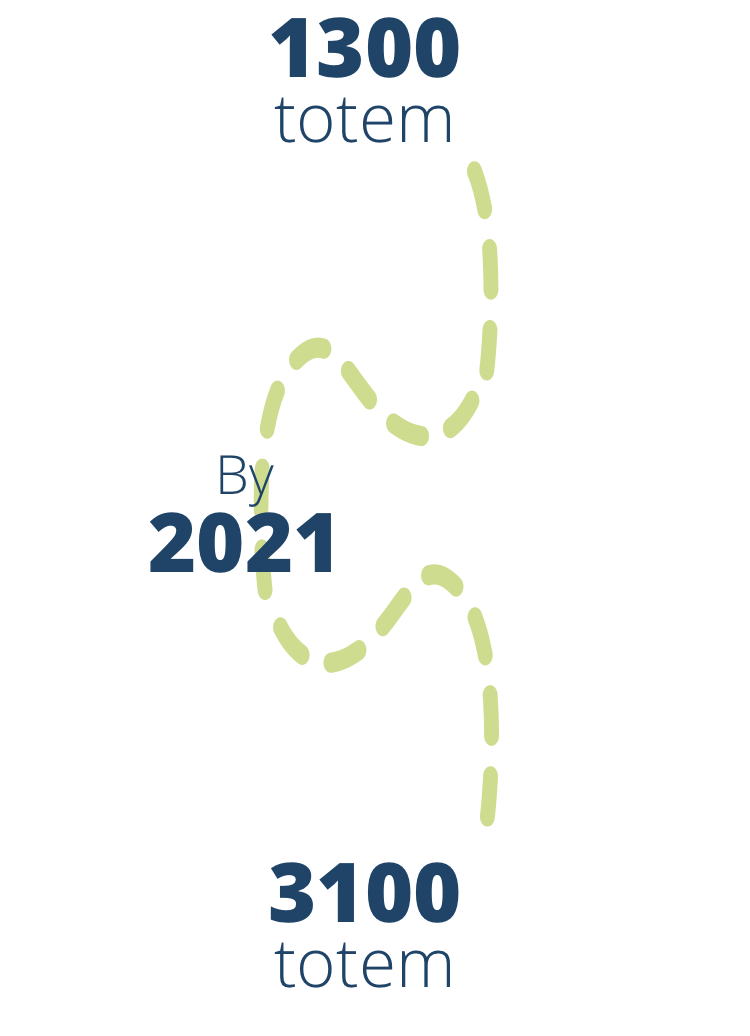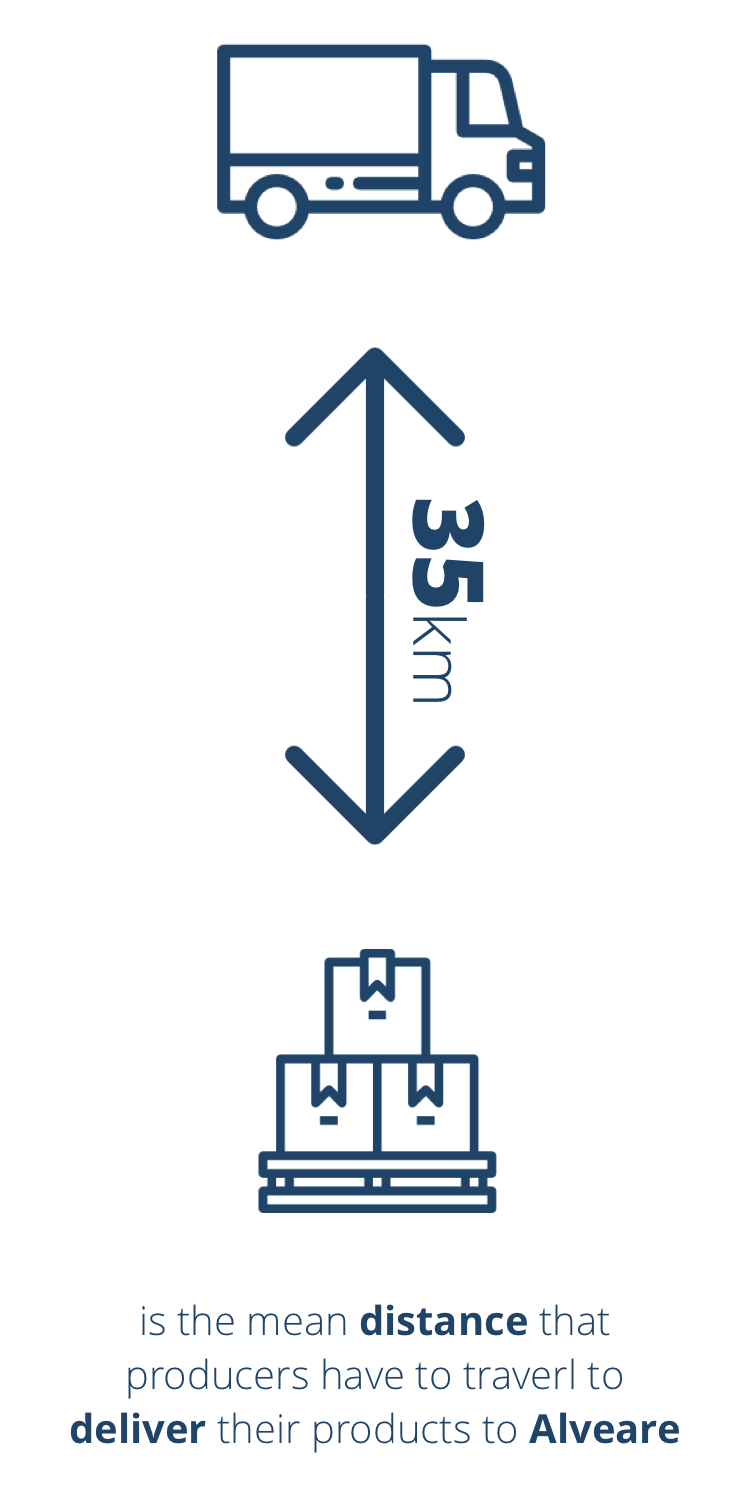You’re smart if you...
do your shopping locally
and travel there by foot, bicycle, or public transport.
How it works?
Using Apps or local information systems consumers can become more informed on the services and shops located right in their neighborhood. They will then be more likely to carry out their daily shopping without the use of a car.
Using a bike with panniers (bags) or a shopping trolley it is possible to comfortably transport heavy or bulky items.
How it works?
Using Apps or local information systems consumers can become more informed on the services and shops located right in their neighborhood. They will then be more likely to carry out their daily shopping without the use of a car. Using a bike with panniers (bags) or a shopping trolley it is possible to comfortably transport heavy or bulky items.
Legible London, London



Nel 2004 il sindaco di Londra, Ken Livingstone, dichiarò l’obiettivo di rendere la città maggiormente a misura di pedone entro il 2015. A questo fine è stata lanciata l’iniziativa Legible London: un sistema di segnali pedonali che mostrano in quanto tempo si possono raggiungere i punti di interesse nelle vicinanze utilizzando la bicicletta o a piedi.
The wayfinding totems also show the location, distances, and travel times to various businesses and commercial areas giving users an additional tool to plan purchases.

Your city is smart if...
encourages joint purchasing groups.
How it works?
Cities should facilitate the organization of joint purchasing groups. These groups work to improve the logistics of food distribution and support the formation of short supply chains. These groups simplify relations with local producers and citizens wishing to join such projects.
A smart city encourages citizens to be proactive and fosters a culture of social and economic sustainability.
sources: Solidarity Economy
La Ruche qui dit Oui!, France



In 2011 the first joint purchasing groups were formed by “La Ruche qui dit Oui!” in France and has since spread throughout Europe.
The Food Assembly has subsequently promoted this incentive in England, and similar projects have been replicated in Spain, Germany and Belgium. In Italy, the project arrived in Turin in 2014 with "L’Alveare che dice sì!” and continues to gain popularity.
sources: Solidarity start-up - L’Alveare, Alveare - Official site


